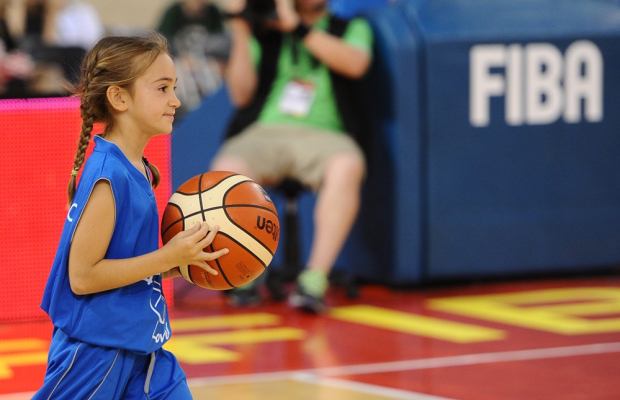Before deciding on the steps to follow for your future, it is important to reflect on the following aspects:
- Identify your interests. The first step is to identify what you want to do after your playing career ends. You can be interested in staying in the basketball world and look for professional opportunities in the sport. But you can also identify other interests.
- Consider your opportunities. Identifying your interests will help you determine a rewarding career path and guide your decision about how to make progress towards your objective.
- Make your decisions accordingly. Identify what type of education best fits your personal goals. There are so many options that if you don’t spend enough time identifying what you want for your future, the decision-making process could feel overwhelming and make you feel discouraged.
Many careers allow you to work in the sports industry, for example as a sports presenter, sponsorship manager, physical therapist, or a coach. To see which careers are best suited to your interests and talents, the IOC has prepared a platform that offers a test.
Education and skills training may not seem very important right now. Your main focus is your life on-the-court. But keep in mind all the efforts you put in for the development of your basketball career. It should be no different for your professional future. The investments in education you make now can lead to greater professional and financial success for years to come.
It is important to note that the system of education varies a lot from country to country. Make sure to get to know the educational system in the country where you want to pursue your education. A good first step is to contact one Players' Mentor in your country and ask for advice to your National Federation.
